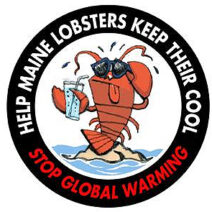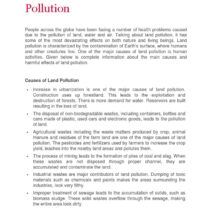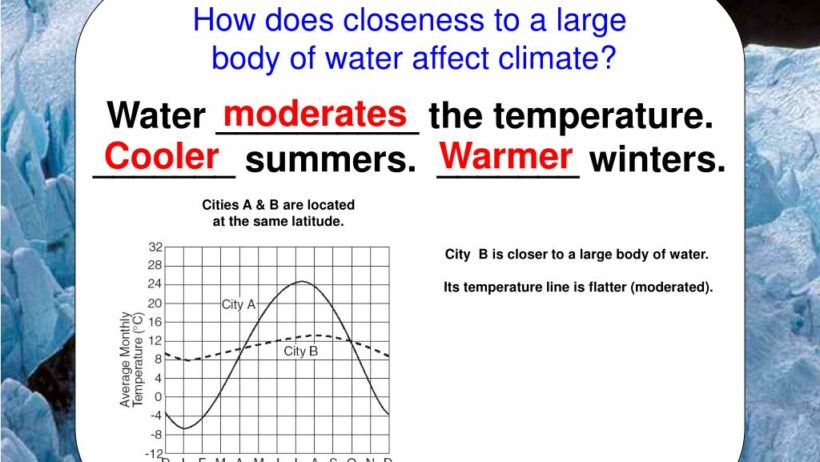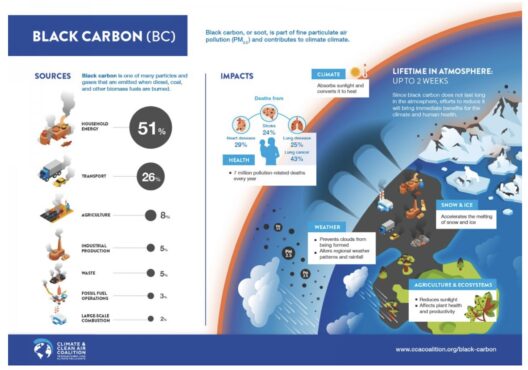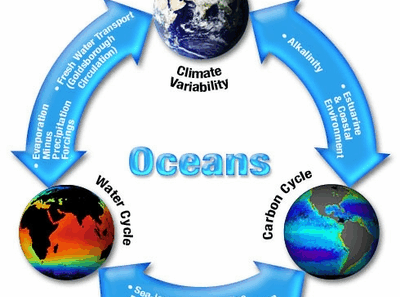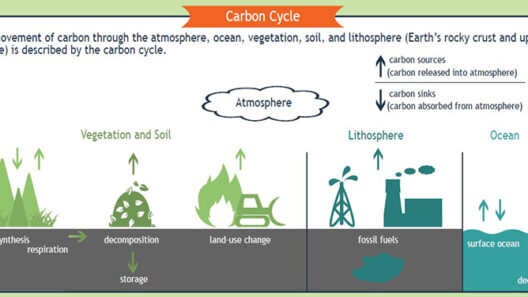The interconnectedness of ecosystems is a marvel of nature, where every organism plays a pivotal role in maintaining the balance of life. This delicate balance is increasingly threatened by climate change, an insidious force that disrupts the intricate web linking forests to coral reefs. Understanding how these diverse ecosystems respond to climate disruption reveals not only the fragility of our planet but also the urgent need for a paradigm shift in how we approach environmental stewardship.
Forests, often dubbed the lungs of the Earth, sequester carbon dioxide and release vital oxygen, playing a crucial role in regulating the global climate. Deforestation, driven by agricultural expansion, urbanization, and logging, exacerbates climate change by releasing stored carbon back into the atmosphere. In 2020 alone, it was estimated that around 10 million hectares of forest were lost annually, leading to an escalation in atmospheric carbon levels. This loss not only climaxes in increased greenhouse gas concentrations but also diminishes the biodiversity that forests harbor, jeopardizing countless species.
Simultaneously, coral reefs, often referred to as the “rainforests of the sea,” are undergoing a parallel crisis. Composed of diverse marine organisms, including symbiotic algae known as zooxanthellae, coral reefs support an astonishing variety of marine life. Like forests, they are critical carbon sinks and provide essential ecosystem services, such as coastal protection and habitat for numerous marine species. However, rising sea temperatures, a hallmark of climate change, lead to coral bleaching—a phenomenon where corals expel their zooxanthellae, resulting in a loss of color and, ultimately, death if stress persists.
The repercussions of such ecosystem imbalance are profound. On land, deforestation destabilizes soil, leading to erosion and exacerbating flooding events. This soil degradation not only affects local agriculture and livelihoods but can also result in sediment runoff that pollutes nearby waterways. In marine settings, the repercussions of coral reef degradation are equally devastating. Healthy coral reefs contribute to the productivity of fisheries, sustenance for millions of people. When these reefs deteriorate, the resulting decline of fish populations can jeopardize food security for coastal communities.
The link between terrestrial and marine ecosystems extends beyond their individual contributions to biodiversity. For instance, forests are instrumental in regulating freshwater cycles. Rainforests, in particular, significantly influence precipitation patterns. The water they transpire enters the atmosphere and can even affect distant ocean currents. Consequently, deforestation can disrupt these hydrological cycles, leading to drier conditions that have cascading effects on coastal ecosystems, including coral reefs. The interplay between excessive rainfall from altered rainfall patterns and sediment runoff further compounds the stress on shallow marine habitats.
Moreover, as climate change intensifies, it creates an environment ripe for invasive species. In forests, invasive species can outcompete native flora, demonstrating resilience under warmer conditions while diminishing biodiversity. This newly established hierarchy can lead to a monoculture that further reduces the ecosystem’s ability to adapt to ongoing changes. In similar fashion, in marine environments, invasive species such as lionfish in the Caribbean infiltrate coral reefs, causing significant harm to local ecosystems and fisheries.
Perhaps one of the most pressing aspects of climate disruption is its profound effect on human communities. The socio-economic impact is far-reaching. As we witness forest displacement, indigenous communities that have coexisted with these ecosystems for centuries face the threat of cultural erosion. Similarly, coastal populations dependent on coral reefs for sustenance and economic prosperity are finding their livelihoods threatened by the dual challenges of pollution and climate change. The decline of these ecosystems does not merely translate into environmental loss; it cascades into food insecurity, loss of biodiversity, and heightened poverty levels.
Recognizing this unequivocal interconnectedness is imperative for devising effective conservation strategies. A comprehensive approach requires not only protecting forests and reefs individually but understanding and supporting their intrinsic relationships. Initiatives that prioritize reforestation efforts adjacent to coastal regions can help mitigate runoff, while simultaneously providing habitat for terrestrial and marine species. These synergistic initiatives echo the sentiment that conservation efforts should not be siloed but rather embrace an integrative perspective, finding holistic solutions that benefit both ecosystems.
Although the challenges posed by climate disruption are formidable, fostering international cooperation is pivotal. Multinational agreements, focused on climate action and biodiversity conservation, are essential vehicles for progress. Emphasizing ecosystem-based management and adaptive practices can create pathways toward resilience. Furthermore, investing in technologies that support sustainable forestry practices and reduce emissions can yield benefits that resonate across ecosystems.
As awareness grows, so does the responsibility of individuals, communities, and governments. The collective power of grassroots movements can lead to significant change, urging policymakers to prioritize environmental protection. Education plays a central role; equipping citizens with knowledge regarding the importance of ecosystems helps cultivate a culture of stewardship, ensuring the legacy of these irreplaceable habitats for future generations.
Ultimately, the plight of forests and coral reefs serves as a clarion call, illustrating the profound ramifications of climate disruption. Encouraging a shift in perspective, from viewing these ecosystems in isolation to recognizing their interdependence, can light the way toward innovative solutions. By fostering collective action and profound respect for nature, humanity can safeguard the intricate webs of life that sustain us all.
